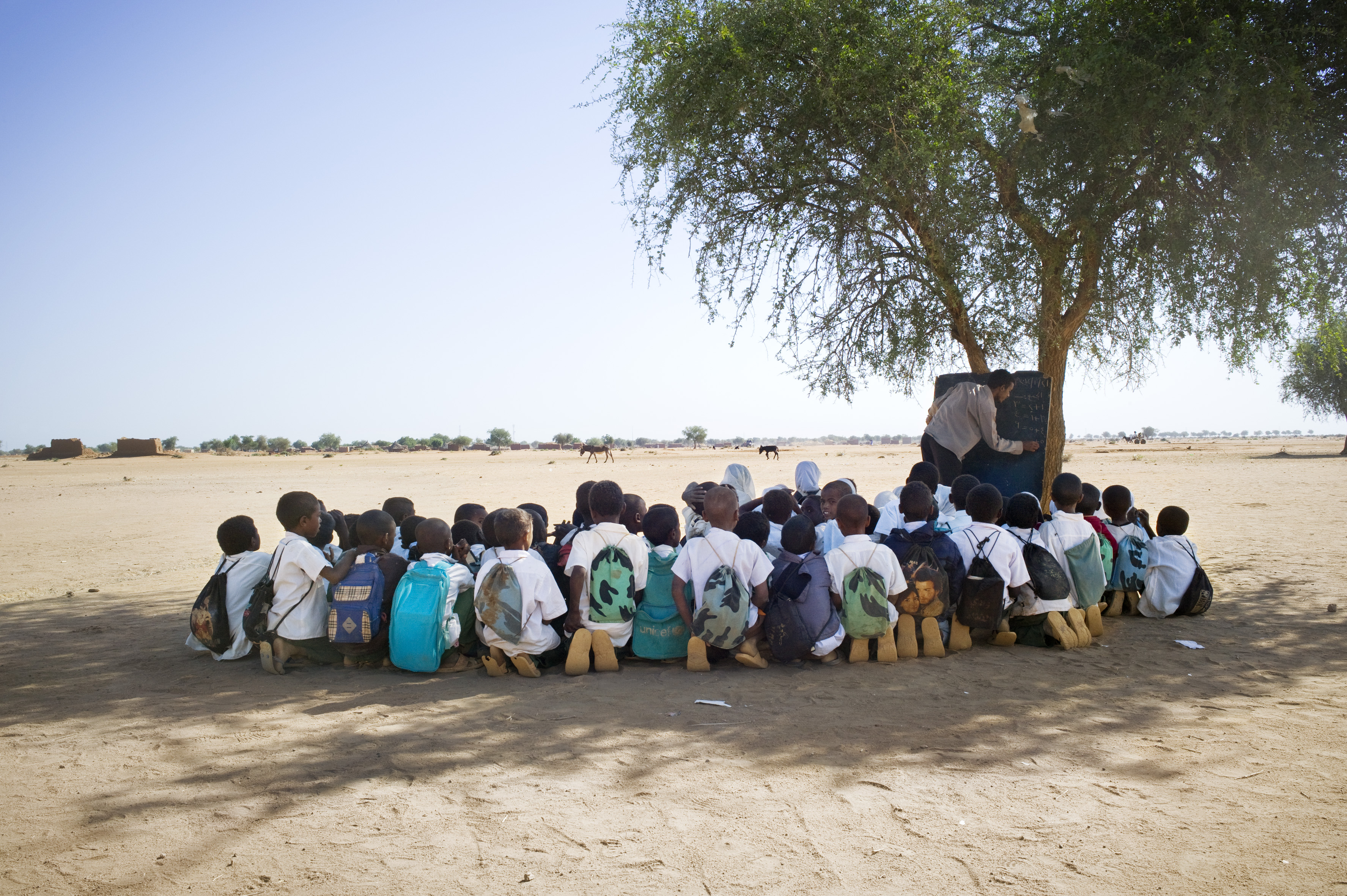
Policies
Let Us Learn cash transfer supplement social protection
Context
Since 2016, UNICEF, in partnership with the Government of Madagascar, has implemented the Let Us Learn (LUL) cash transfer program as part of the national social protection initiative, Transfert Monétaire pour le Développement Humain (TMDH). The program aims to support children transitioning to secondary school by providing conditional cash transfers to alleviate poverty, reduce child labor, and increase school enrollment, particularly among vulnerable populations in Madagascar.
Solution
The LUL cash transfer program provides financial incentives to the poorest households with children, encouraging school enrollment and reducing child labor. The program offers regular cash payments that vary by the age and gender of the child, with higher amounts for girls aged 11-14 and boys aged 15-18. This approach incentivizes education and helps offset the lost income from child labor, ensuring that families can afford to send their children to school.
Impact
The LUL program has significantly increased secondary school enrollment, with a 7% rise for children aged 11-14, driven by a 13% increase among girls, and a 9% rise for children aged 15-18, driven by a 13% increase among boys. Cash transfers have also reduced participation in paid and unpaid labor, although there has been an increase in domestic work among eligible households. Despite these successes, the program's impact on broader household well-being indicators like resilience, female empowerment, and food security remains unmeasured. The synergy with the national TMDH program has strengthened social protection, though there is potential for further partnerships to address education quality and systemic bottlenecks. Concerns about financial sustainability exist, but government contributions to the program suggest a positive trend toward national ownership and long-term viability.
Analysis
The Let Us Learn (LUL) cash transfer program in Madagascar shows significant potential for scalability and replication due to its structured financial incentives, strong government partnership, and measurable educational outcomes. Effective replication requires contextual adaptation, robust local partnerships, and continuous monitoring and evaluation. Challenges include ensuring financial sustainability through diversified funding sources and maintaining educational quality amid increased enrollment. Addressing these factors will enhance the program's impact and facilitate successful implementation in other regions facing similar socio-economic challenges.












